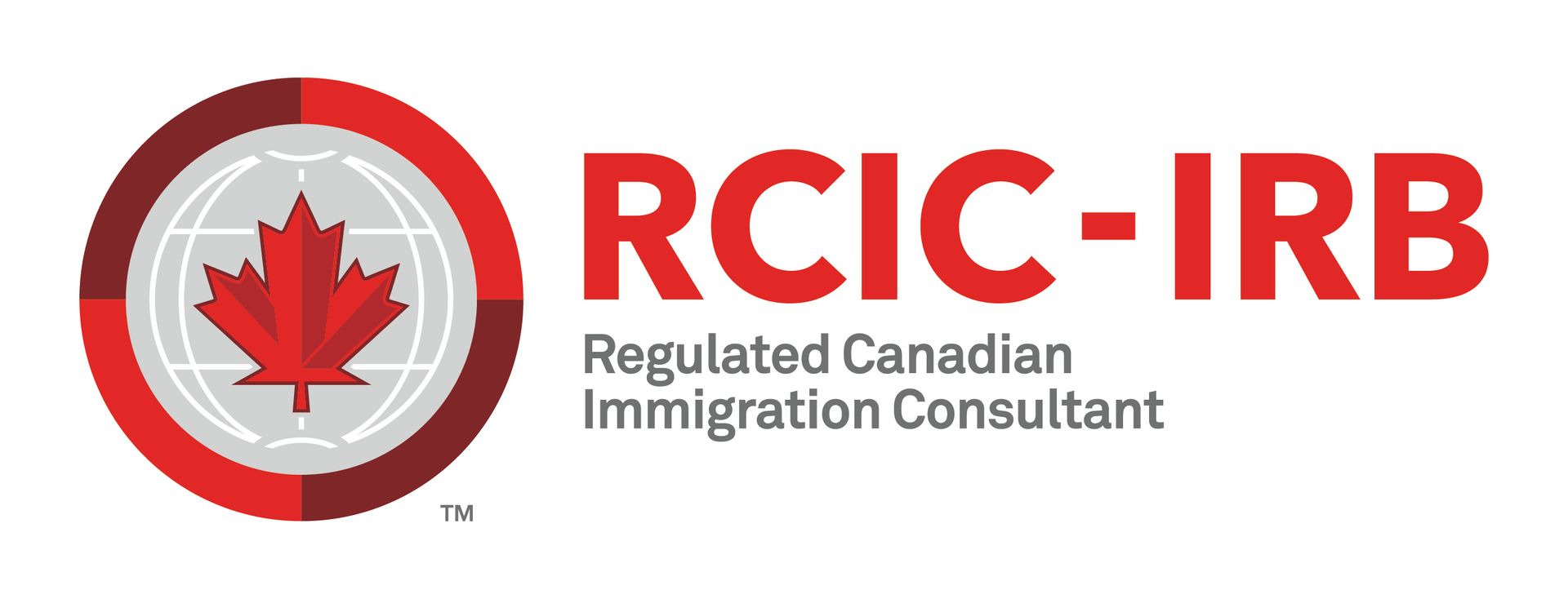Navigating Family Sponsorship Immigration In Canada
Navigating Family Sponsorship Immigration In Canada
Navigating family sponsorship immigration in Canada is complex and requires professional guidance. As experienced immigration consultants, we collaborate with experts in the field to ensure the successful reunification of families. Here, we'll discuss the current challenges in obtaining Permanent Residence (PR) in Canada and its impact on foreign nationals (FNs) who have followed the rules.
1. Understanding PR in Canada
Many FNs arrive in Canada as students and later apply for a Post-Graduate Work Permit (PGWP) to gain work experience. They then aim to qualify for PR through federal Express Entry (EE) or Provincial Nominee Program (PNP) streams. However, recent changes have made it difficult for many FNs to qualify for PR through these pathways.
2. Narrowing Pathways to PR
The EE and PNP programs are merit-based, assigning points based on factors like job offers, education, work experience, and language skills. Since COVID-19, the scores required for PR have increased significantly, making it challenging for many FNs to qualify. Targeted draws for specific occupations further limit PR options for those who don't fit into these categories.
3. Impact of Not Obtaining PR
FNs often have to rely on employer-specific work permits, limiting them to working for one employer. This can lead to exploitation, as some employers and immigration professionals collaborate to “sell” job offers that allow FNs to remain in Canada and continue obtaining points for PR. This practice is a criminal offense, but it persists due to the desperate nature of FNs and the allure of additional funds for employers and certain immigration professionals. As a result, many FNs see their Canadian immigration dreams shattered when they are terminated from work after engaging in this process.
4. Canadians' Lack of Understanding
Many Canadians do not understand the challenges FNs face in obtaining PR. The emotional toll and uncertainty of not having Canadian status can lead to desperate measures, including marriage fraud and applying for Humanitarian and Compassionate applications, which are normally out of reach.
5. The Impact on Employers
A system of temporary residence means that employers must frequently hire new employees, leading to inefficiencies and preventing families from staying together in Canada.
6. Advocacy and Solutions
While we may not have immediate solutions, as immigration professionals, we have a duty to advocate for our clients and raise awareness about the challenges they face. It's crucial to speak up for the majority of FNs who follow the rules but face uncertainty in their immigration journey.
In conclusion, the current situation highlights the need for immigration reform and a more accessible pathway to PR for FNs who contribute to Canada's society and economy. As immigration professionals, we must continue to advocate for our clients and work towards a fairer immigration system for all.








